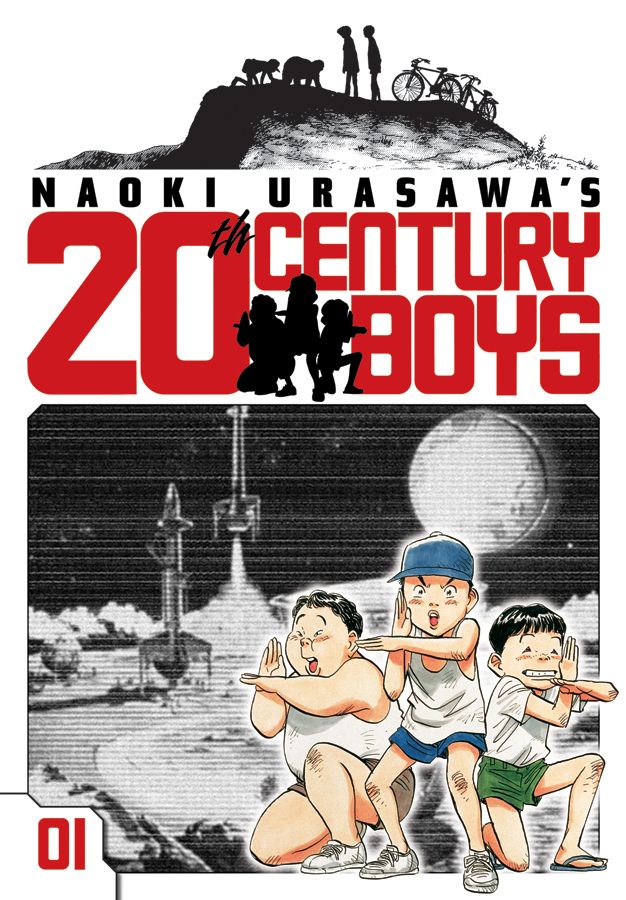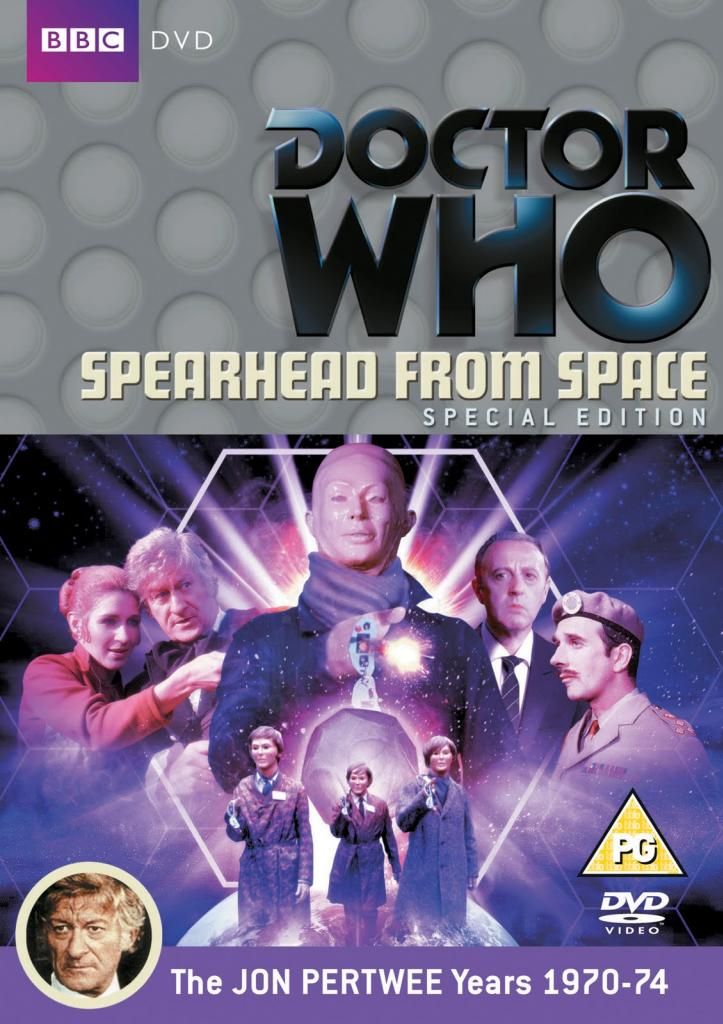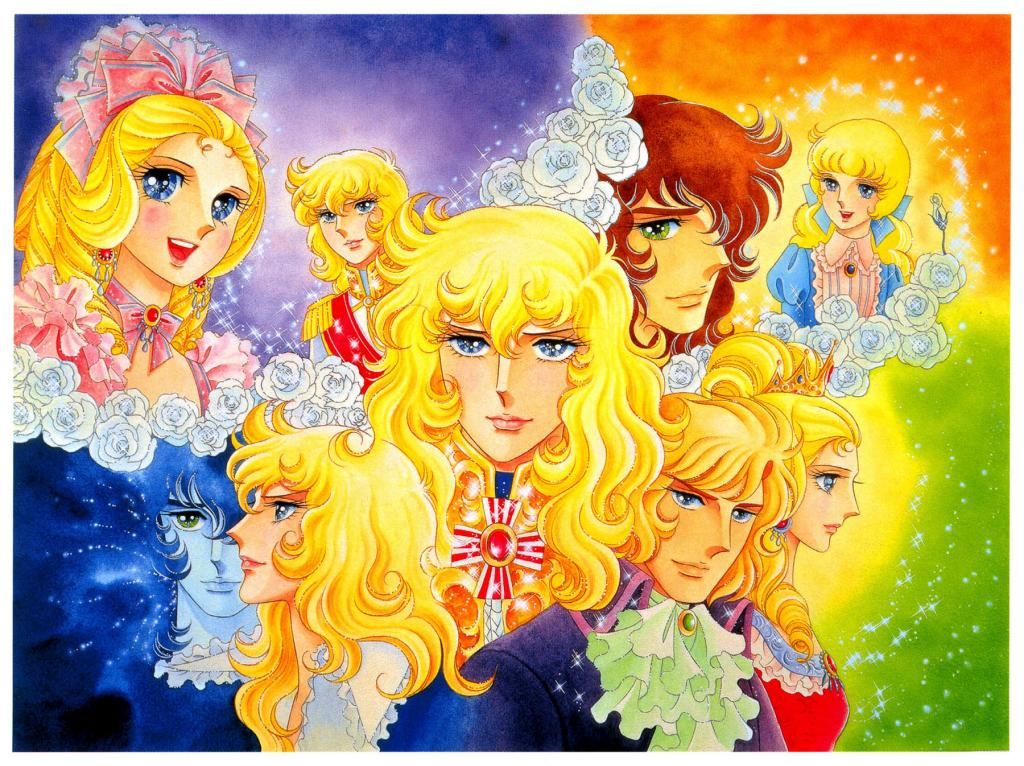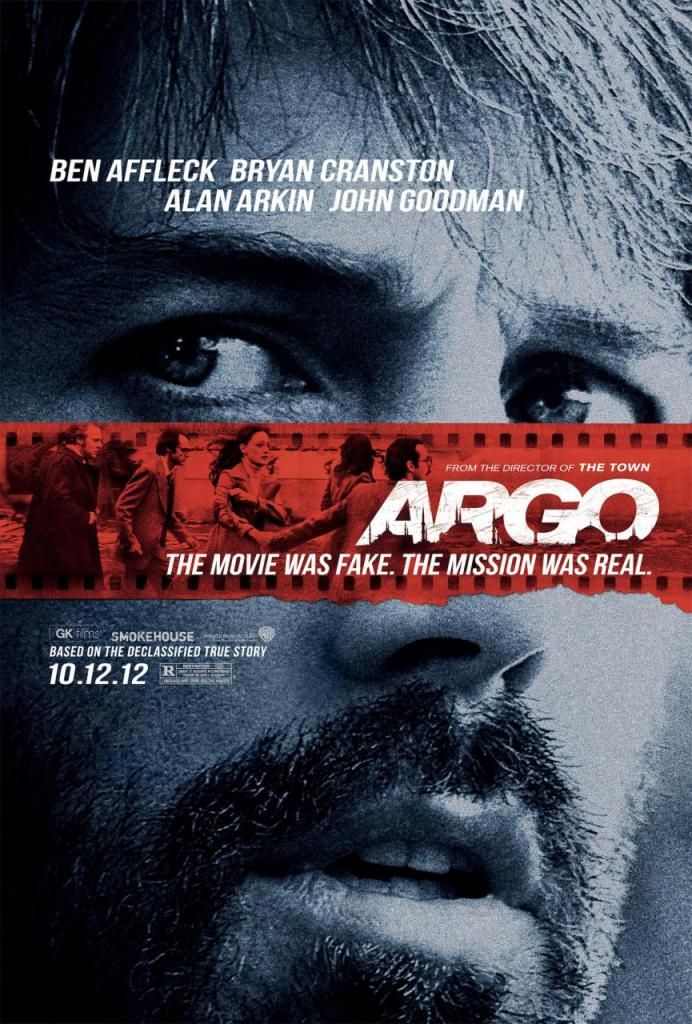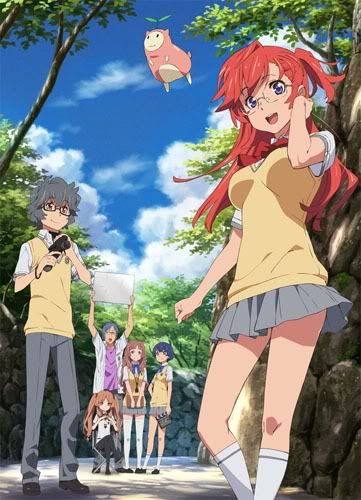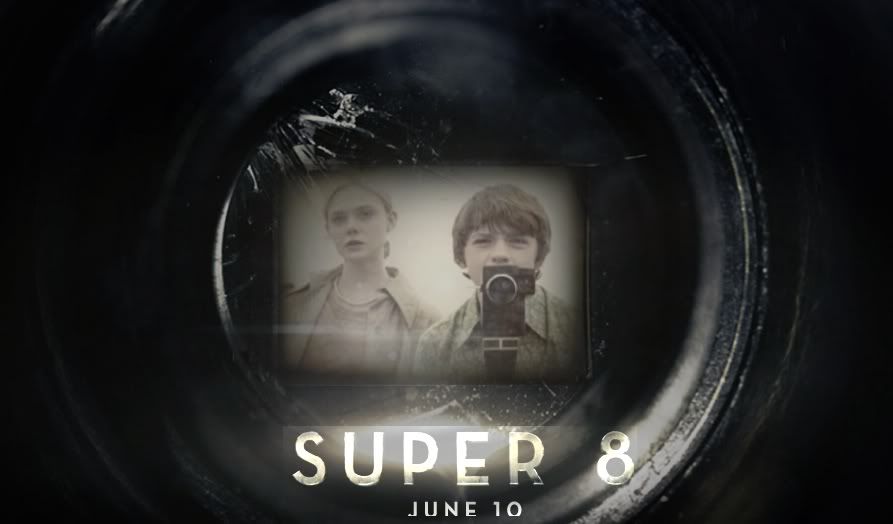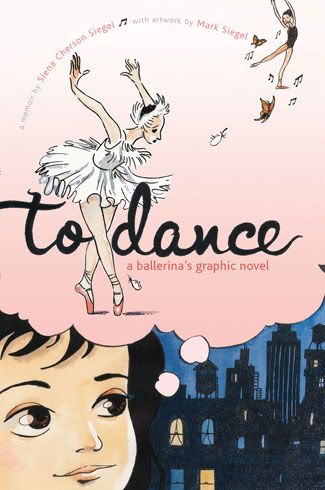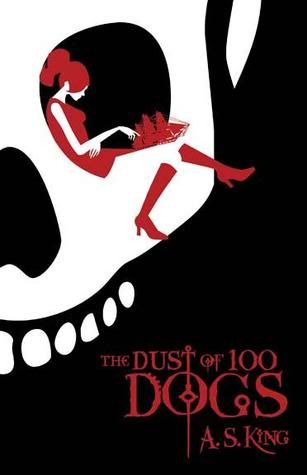Aka, the book my mom kept trying to steal from me when we were on vacation, no idea why she found this book so interesting based on the blurb on it's back cover. Then again, I don't know why I was interested by this book either, I remember coming across it in a bookstore years ago, thought it looked interesting and just now found it at my local library. I suppose part of the interest for me was because the blurb seems to give away the entire plot of the book so I was wondering what was left to tell.
Dust of a Thousand Dogs by A.S. King
Part of the reason I was initially attracted to this book (in the bookstore) was because of it's cool design. It's only three colors, very graphic and really fits the book well, plus that's a pretty neat font used for the title (also a little unusual to see the title placed in the lower right hand corner of the cover, usually it's right at the top). So the cover itself is eye-grabbing and really stands out compared to other YA titles.
Summary: Emer was originally born in Ireland at the time of Cromwell and saw her family home destroyed while she escaped and eventually became a pirate terrorizing the Caribbean. However, right after burying some treasure, she was killed and cursed to live the lives of 100 dogs before being reborn again as a human. It’s now the 1970s and she has finally been reborn as a human (named Saffron) who remembering every single life she’s had before and determined to escape her deadbeat family and reclaim her treasure.
The Good: It seems that the book gives away it’s entire plot on the back cover but proves that knowing what happened (the facts) isn’t the same as knowing how it happened (the reason), in a way it shows that you can still enjoy a story even if you know almost all of what is going to happen. The book uses a lot of flashbacks to tell the story and, in an unexpected twist, shows that Emer and Saffron are not the same person unlike most stories where a reincarnated person is exactly the same. Emer is certainly a part of Saffron but they are still two separate people, Saffron doesn’t mind her visitor/former self living with her and seems to have simply accepted that she knows all the things that Emer does. Because of all the flasbacks this story is more of a historical fiction work which covers two very different time periods, 17th century Ireland and the Caribbean and 1970s through early 1990s America which is an unusual combination for a book written only a few years ago*. Emer and Saffron carry the story so well that book is a really interesting and engaging read.
The Bad: A few things about the ending seem unexpected or just a bit too convenient for some of the characters (almost an inverse deus ex machina since it makes things harder for Saffron/Emer ). It also provides a much needed climax for the story since in the current timeline the story is already in the 1990s and most of Saffron's problems have been (at least temporarily) taken care of yet something still needs to happen at the end to wrap everything up. It’s not a plot heavy book, it’s very much a character book instead and at times it feels more like a very strange slice of life story. The interludes the include dog training advice/snippets from Emer's 100 lives as various dogs sometimes felt rather strange and out of place, the story would have functioned perfectly without them.
I ended up liking this book more than I thought I would (just because I had no idea how much I would like it) and wouldn't mind buying a copy of it someday for an e-reader or such. Makes me wish I had more historical fiction to read as well, for some reason that genre just isn't as popular in young adult (or if it is it's something more along the lines of ROMANCE, INTRIGUE.... in the 1800s!), although it is entirely possible that in my years of wandering through bookstores and libraries that I've just missed all the historical fiction they have.
*by which I mean, it's rare to see what is technically historical fiction books that are only set a few decades ago (instead of some more "romantic" era).



